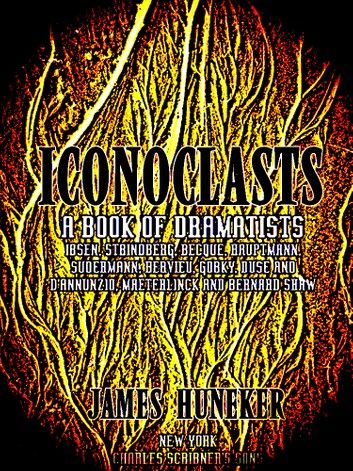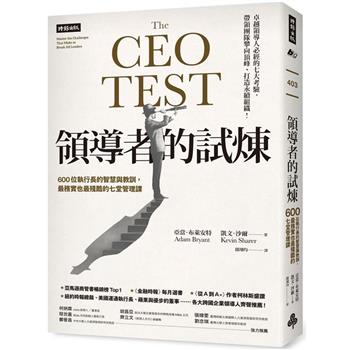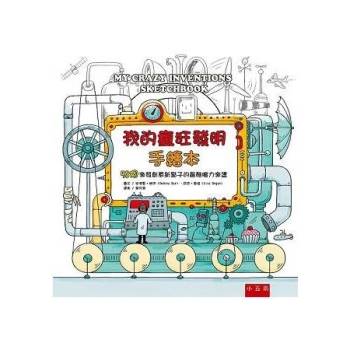| FindBook |
有 1 項符合
Iconoclasts的圖書 |
 |
Iconoclasts 作者:James Huneker 出版社:CHARLES SCRIBNER'S SONS 出版日期:2015-02-12 語言:英文 |
| 圖書館借閱 |
| 國家圖書館 | 全國圖書書目資訊網 | 國立公共資訊圖書館 | 電子書服務平台 | MetaCat 跨館整合查詢 |
| 臺北市立圖書館 | 新北市立圖書館 | 基隆市公共圖書館 | 桃園市立圖書館 | 新竹縣公共圖書館 |
| 苗栗縣立圖書館 | 臺中市立圖書館 | 彰化縣公共圖書館 | 南投縣文化局 | 雲林縣公共圖書館 |
| 嘉義縣圖書館 | 臺南市立圖書館 | 高雄市立圖書館 | 屏東縣公共圖書館 | 宜蘭縣公共圖書館 |
| 花蓮縣文化局 | 臺東縣文化處 |
|
|
Example in this ebook
I
HENRIK IBSEN
I
THE INDIVIDUALIST
The Kingdom of God is within you
Ferdinand Brunetière has declared that "there can be no tragedy without a struggle; nor can there be genuine emotion for the spectator unless something other and greater than life is at stake." This so exactly defines the dramas of Henrik Ibsen that it might have been specifically written to describe their dramatic and ethical content. Whatever else Ibsen's works may be, they are first soul dramas; the human soul is not only their shadowy protagonist, but it is the stake for which his characters breathlessly game throughout the vast halls of his poetic and historic plays and within those modern middle-class apartments, where the atmosphere seems rarefied by the intensity of the struggle. "Greater than life" means for Ibsen the immortal soul—immortal not in the theologic, but generic sense; the soul of the species, which never had a beginning and never can have an end. With this precious entity as pawn on Ibsen's dramatic chess-board, the Brunetière dictum is perfectly fulfilled.
Let us apply to him and his plays a symbol; let us symbolize the arch-symbolist. Ibsen is an open door. The door enacts an important rôle with him. Nora Helmer, in A Doll's House, goes out of the door to her new life, and in The Master Builder, Hilda Wangel, typifying the younger generation, enters to Solness. An open door on the chamber of the spirit is Ibsen. Through it we view the struggle of souls in pain and doubt and wrath. He himself has said that the stage should be considered as a room with the fourth wall knocked down so that the spectators could see what is going on within the enclosure. A tragic wall is this missing one, for between the listener and the actor there is interposed the soul of the playwright, the soul of Ibsen, which, prism-like, permits us to witness the refractions of his art. This open door, this absent barrier, is it not a symbol?
What does Henrik Ibsen mean to his century? Is he dramatist, symbolist, idealist, optimist, pessimist, poet, or realist? Or is he a destructive, a corroding force? Has he constructive gifts—aside from his technical genius? He has been called an anarchic preacher. He has been described as a debaser of the moral coin. He has been ranged far from the angels, and his very poetic gifts have been challenged. Yet the surface pessimism of his plays conceals a mighty belief in the ultimate goodness of mankind. Realist as he is, his dramas are shot through with a highly imaginative symbolism. A Pegasus was killed early under him, as Georg Brandes says; but there remains a rich remnant of poesy. And may there not be deduced from his complete compositions a constructive philosophy that makes for the ennoblement of his fellow-beings?
Ibsen is a reflective poet, one to whom the idea presents itself before the picture; with Shakespeare and Goethe the idea and form were simultaneously born. His art is great and varied, yet it is never exercised as a sheer play of form or colour or wit. A Romantic originally, he pays the tax to Beauty by his vivid symbolism and his rare formal perfections. And a Romantic is always a revolutionist. Embittered in youth—proud, self-contained, reticent—he waged war with life for over a half-century; fought for his artistic ideals as did Richard Wagner; and, like Wagner, he has swept the younger generation along with him. He, the greatest moral artist of his century, Tolstoy not excepted, was reviled for what he had not said or done—so difficult was it to apprehend his new, elusive method. A polemist he is, as were Byron and Shelley, Tolstoy and Dickens, Turgenev and Dostoïevsky.
To be continue in this ebook
|




![塔木德:猶太人的致富聖經[修訂版]:1000多年來帶領猶太人快速累積財富的神祕經典 塔木德:猶太人的致富聖經[修訂版]:1000多年來帶領猶太人快速累積財富的神祕經典](https://media.taaze.tw/showLargeImage.html?sc=11100697818)






